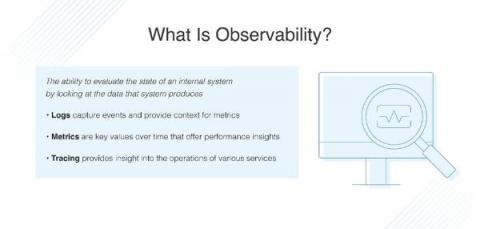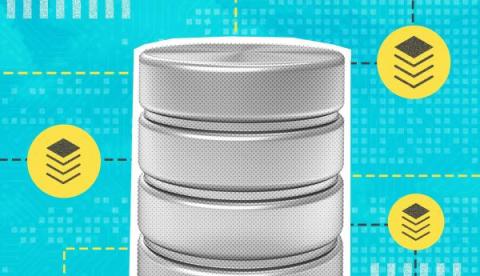Why You Should Rely More on Your IT Self-Service Portal
No matter what roles we play, we’ve all been frustrated end users at some time or another. Sometimes it’s as simple as struggling to find the documentation we need, whereas other times, we’re sitting there doing nothing because we forgot our passwords and must wait for an administrator to reset them.











